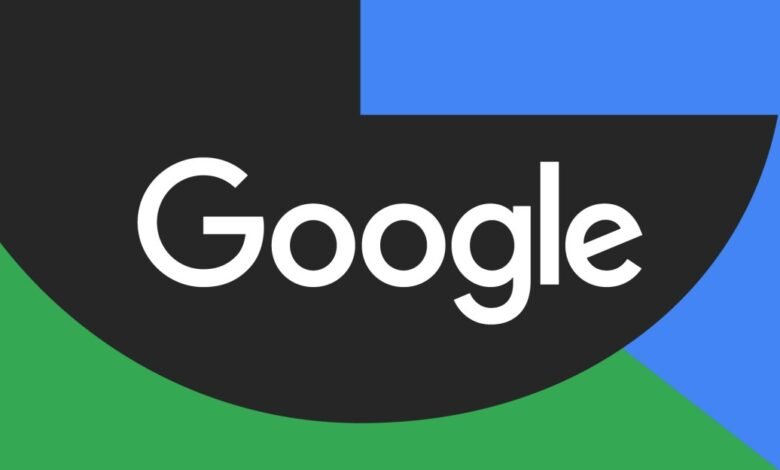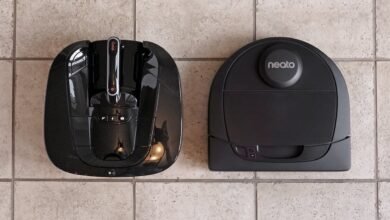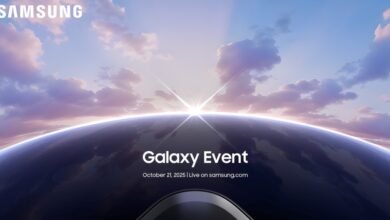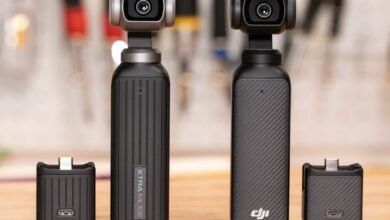Robby Starbuck Sues Google Over Anti-Diversity Claims

▼ Summary
– Robby Starbuck is suing Google, claiming its AI search tools falsely linked him to sexual assault allegations and white nationalist Richard Spencer.
– This is Starbuck’s second lawsuit against a major tech company over AI products, having previously sued and settled with Meta over similar false claims.
– Google responded that many claims relate to hallucinations in Bard that were addressed in 2023, noting hallucinations are a known issue with all large language models.
– No US court has awarded damages in a defamation suit involving an AI chatbot, as shown by a 2023 case where a court ruled in favor of OpenAI.
– Starbuck is seeking $15 million in damages from Google, but may be content with an influential role at the company, similar to his advisory position at Meta.
Robby Starbuck has initiated a lawsuit against Google, alleging that the company’s artificial intelligence search systems incorrectly associated him with sexual assault claims and white nationalist Richard Spencer. This legal action marks the second instance where Starbuck, a prominent online critic of corporate diversity initiatives, has targeted a major technology firm over its AI outputs. Earlier this year, he filed a similar complaint against Meta, asserting that its AI incorrectly stated he took part in the January 6 Capitol breach and faced misdemeanor charges. That dispute concluded with Meta appointing Starbuck as an advisor to help address perceived ideological and political bias within its chatbot operations.
A Google representative, José Castañeda, indicated that the company plans to examine the complaint once it is formally received. He pointed out that many of the allegations appear connected to inaccuracies in the Bard AI system, which the company tackled last year. Castañeda emphasized that “hallucinations” represent a recognized challenge for all large language models, something Google openly acknowledges while continuously striving to reduce such errors. He also remarked that, with sufficiently inventive prompting, users can sometimes elicit misleading statements from these systems.
The specific conditions of Starbuck’s prior settlement with Meta remain confidential, though the hiring appeared to align with a broader strategy by Meta to address criticism from conservative circles. Legal experts question whether Starbuck’s case would have prevailed in court based purely on its legal arguments.
It is noteworthy that no U.S. court has yet granted damages in a defamation lawsuit centered on an AI chatbot. A case involving conservative radio personality Mark Walters, who sued OpenAI after ChatGPT inaccurately tied him to fraud and embezzlement claims, was dismissed because Walters could not demonstrate “actual malice.” This highlights the ongoing legal uncertainty surrounding emerging AI technologies, where established judicial precedents are still taking shape.
Starbuck submitted his lawsuit to the Delaware Superior Court and is pursuing $15 million in compensation from Google. Observers speculate, however, that he might be equally interested in obtaining a consultancy or advisory role at Google, mirroring the influential position he secured at Meta following their legal resolution.
(Source: The Verge)





